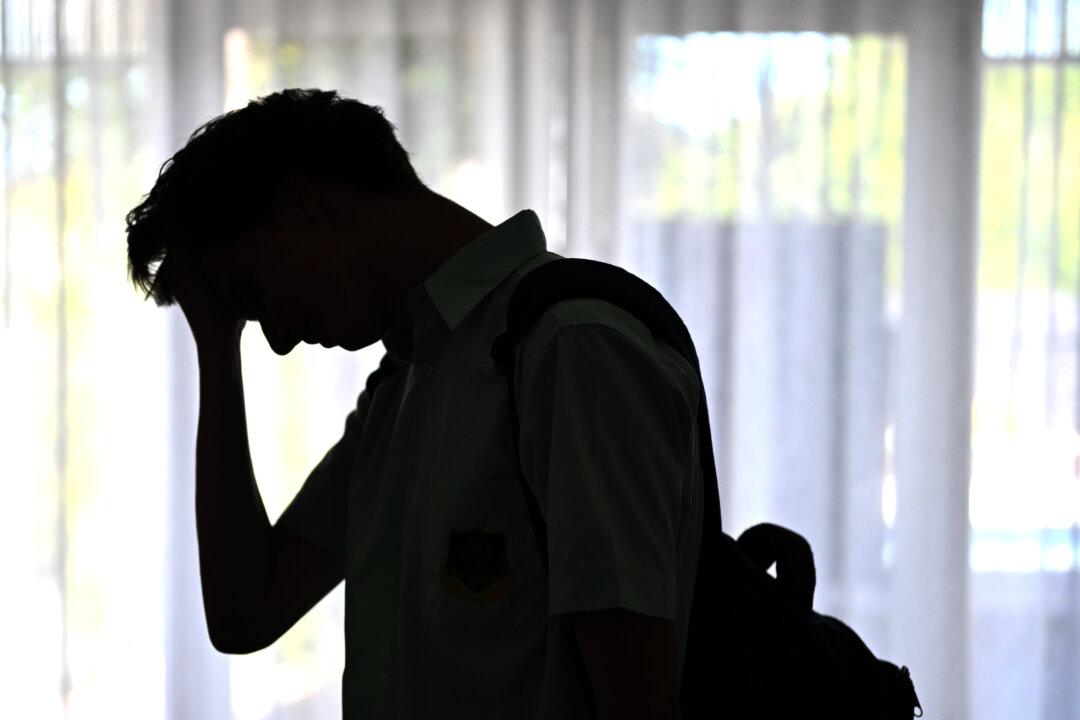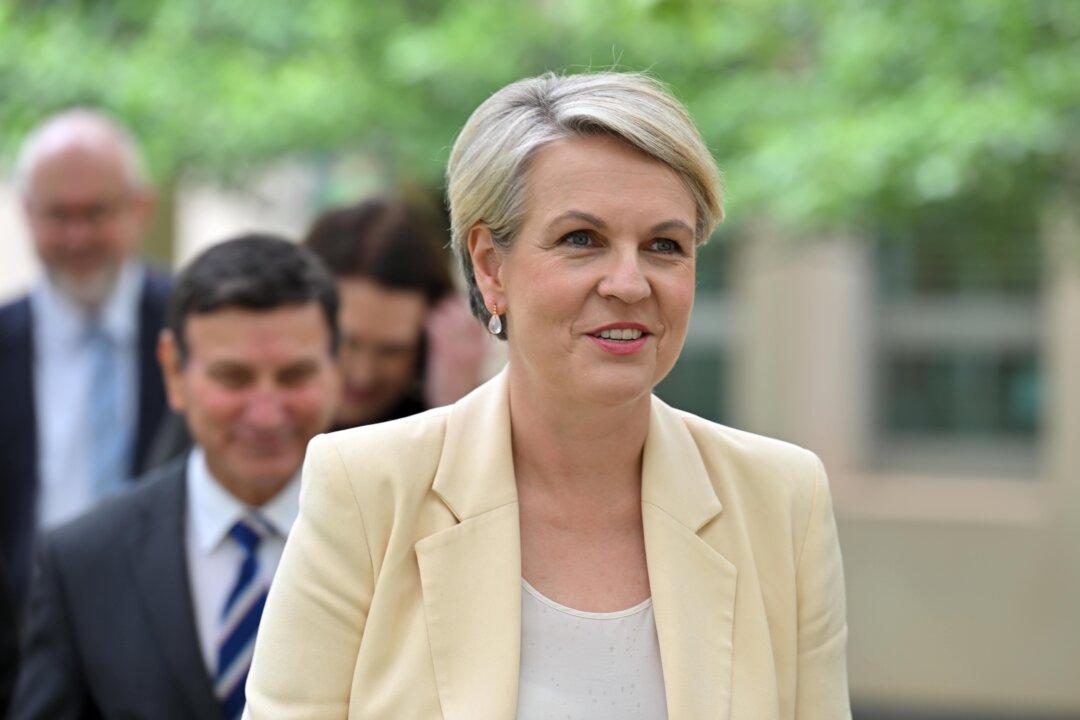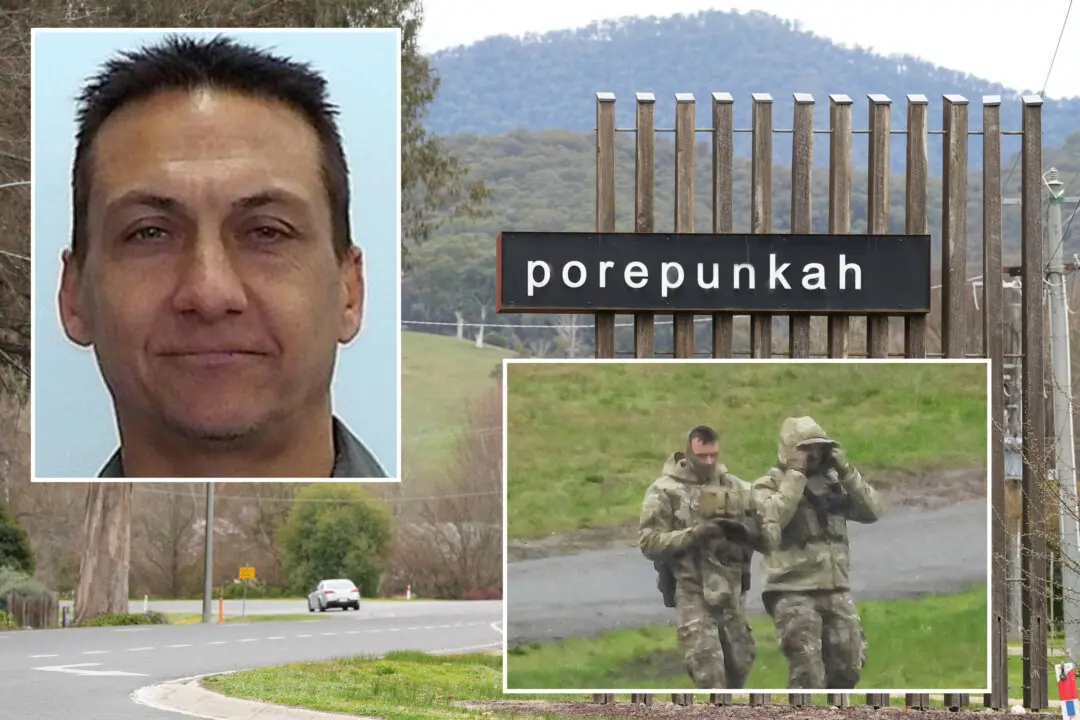Nearly one in three Australians aged 14 to 19 has experienced suicidal thoughts or behaviours in the past year, according to a new study from the Australian Institute of Family Studies (AIFS).
Drawing on data from the Longitudinal Study of Australian Children, which has tracked 10,000 children since 2004, the report found 34 percent of teenagers reported some form of suicidal distress in the previous 12 months.
Rates were higher among females (38 percent) than males (31 percent). For girls, suicidal ideation, planning and attempts peaked at ages 16–17 at 18 percent before falling, while boys reached 13 percent at the same age and remained steady through 18–19.
Attempts did not always involve planning. One in eight boys aged 14–15 had attempted suicide without prior signs, compared to 9 percent of girls aged 16–17.
Senior Survey Manager at AIFS, Agatha Faulkner, said the data underlined the need for early and flexible support.
“This research shows that suicidal thoughts and behaviours in young people are complex, unpredictable, and often don’t follow a linear path,” she said.
Life Challenges Heighten Risks
The study found that young people reporting suicidal distress often faced other pressures, including parental separation, financial stress, disability, and symptoms of depression and anxiety. Substance use and bullying—both as victims and perpetrators—were also common factors.
AIFS Director Liz Neville said those circumstances should trigger closer support.
“Young people going through major life challenges, potentially making suicidal thoughts and behaviours more likely—like financial stress, parental separation or bullying—need to be monitored and well supported by parents, schools, and practitioners working with families,” she said.
Suicide Prevention Australia Chief Executive Nieves Murray said responses needed to go beyond emergencies.
“This research is a stark reminder that suicidal distress among young people can emerge suddenly and without warning. We must move beyond crisis-only responses and ensure support starts early, is consistent, and involves the whole community,” she said.





